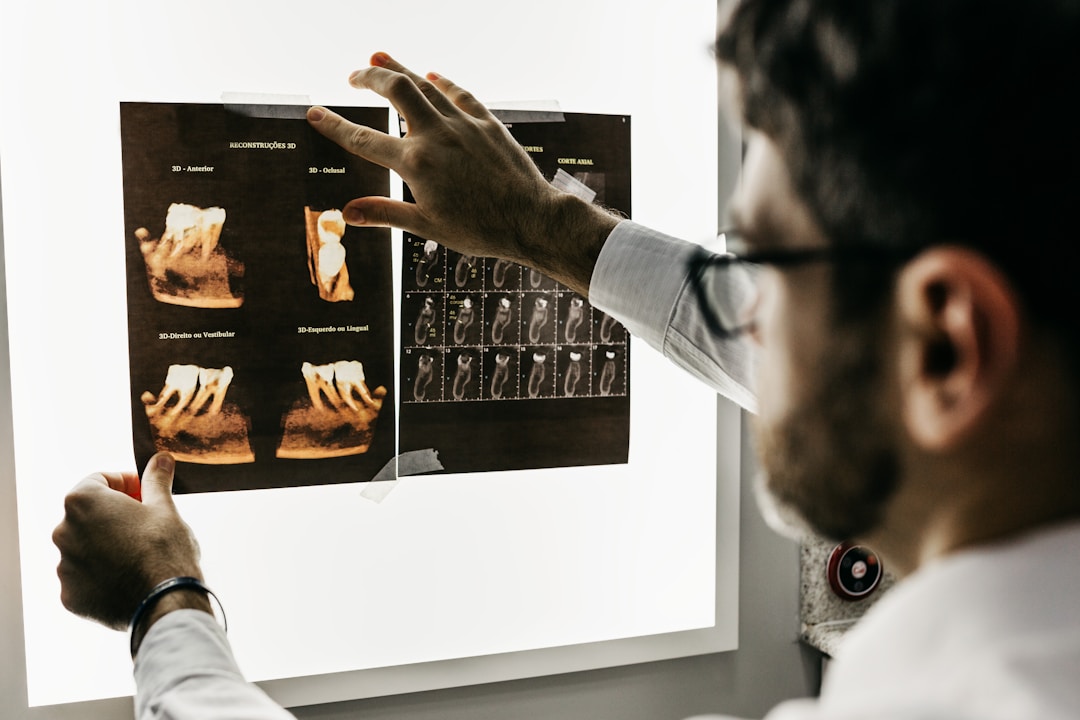The COVID-19 pandemic has put our health at the forefront more than ever before. With concerns over keeping yourself and your loved ones protected from the virus, we begin to think about our overall wellbeing. While health care and treatment have changed in COVID times, it is important to stay on top of what we need to be our best selves.
Here are some ways to find the right medical care for your needs now and in the future.
Assess your needs

Medical expenses vary for everyone, depending on the members of their care team, insurance, and out-of-pocket costs. While one person may be fine with just a yearly physical with the primary care doctor, others may rely on several doctors and nurse practitioners and even paying for medical supplies.
Wheelchairs, walkers, and nebulizers are just some of the supplies and medical equipment that may have to be a part of daily life for some patients depending on their conditions. There are additional considerations for finding specialists when certain health problems arise. For example, you may experience an injury that requires an MRI or CT scan and may want to look into radiologists in Annadale, NJ, to assess the specifics of this ailment. If an injury can lead to temporary or permanent disability, it could lead to other medical expenses and a need for medical supplies down the line.
Consider your health insurance.

When assessing your health care needs, be sure to take your insurance coverage into account. Your insurance provider gives you easy access to learning what physicians and services are covered under your plan. You can do your research through online search engines and even search options provided on your insurer’s website.
If you are switching health insurance plans, be sure to consult your current doctors to see if they accept your coverage. If you are a Medicare or Medicaid patient, be sure to bring any coinsurance to your doctor’s attention. This can help you avoid any additional out-of-pocket costs, while in certain cases, qualifying you for reimbursement for certain medical expenses.
When comparing different plans, put your medical needs under the microscope. Look at the amount and type of treatment or long-term care for you and each person under your plan. It would help if you also understood what different types of plans entail. If you choose an HMO or POS plan, you’ll require referrals through your insurance coverage. That means you’ll have to see a primary care physician before scheduling procedures or to visit a specialist. These plans tend to be cheaper, but because of referrals, some patients shy away.
Considering specialists

Most patients who are not struggling with chronic health conditions are satisfied with relying on their primary care physician or nurse practitioner. Having those basics are the only safety net that some patients feel they need for their medical care. However, an injury or ailment may arise, making a specialist a medical necessity. It is important to work with your PCP to find the right type of specialist to give you peace of mind while treating your condition properly.
A primary care physician’s recommendation is a great option in pursuing the right next steps of treatment. If your doctor is affiliated with a hospital system, they may be able to direct you to a specialist under that same umbrella. That creates a little bit more ease in keeping your care team entirely within the loop about any treatment, disabilities, or other issues that may arise in your medical care. This can oftentimes alleviate any concerns over out-of-pocket expenses brought on by seeing certain specialists.
Creating your ideal care team

When considering your medical needs, be sure that you have a level of trust with the people providing you medical care. It is important to have a level of confidence in the treatment you are getting and feel as though your doctors or specialists listen to any qualms you have about the care you receive. You can even look into the credentials of any member of your medical care team, along with their track records with patients, be they a family member, friend, or someone else.
You can also consider alternative forms of medicine in your treatment and may want someone on your care team who is open to untraditional methods. It’s also important to understand that self-care is also an important part of maintaining your overall health. Be sure to take time for a deep cleansing breath. Consider a little something that brings you unrequited joy. For some people, it’s a trip to the salon for a manicure or gel pedicure. For others, it can be a trip out to a restaurant. Deep down, it is a medical necessity that will benefit you as part of your long-term care.




